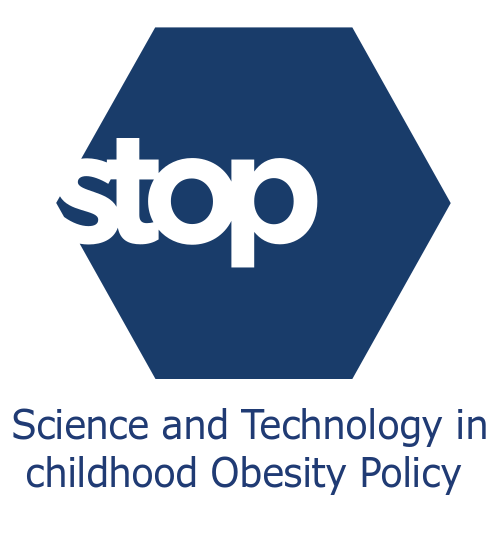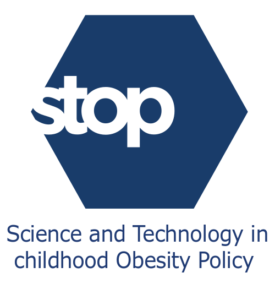Childhood obesity is a major health problem in the European Union (EU), with evidenced dire long-term consequences for health, society, and the economy. At the same time, the EU policy space now presents ample opportunities to tackle current obesity trends. The Flagship Europe’s Beating Cancer Plan explicitly recognises obesity as an important risk factor for cancer and commits to evaluating and follow-up on the EU Action Plan on Childhood Obesity, which expired in 2020.
In this context, a debate “What next for European action on childhood obesity? Debating the follow-up to the EU Action Plan on Childhood Obesity” was jointly organised on 12 October 2021 by the World Obesity Federation and the European Public Health Alliance in the framework of the STOP project. It gathered key experts and colleagues from the European Association for the Study of Obesity, the World Health Organization, and the European Parliament to reflect on and provide input into how a next European action plan to tackle childhood obesity should look like. The conversation was moderated by Milka Sokolović, Director General, European Public Health Alliance.
The debate highlighted the multiple entry points existing at the European level to address childhood obesity such as the Farm to Fork Strategy, the Child Guarantee, and Europe’s Beating Cancer Plan. These policy strategies, if consistently implemented with addressing obesity in mind, could drive significant progress across different areas, as they simultaneously acknowledge the role of food, school environments and physical activity, and their effect on children’s behaviors.
Key reflections from the debate stressed the numerous and expanded new scientific evidence that was published since the last Action Plan on Childhood Obesity, especially on the socioeconomic determinants of obesity and the effectiveness of policies and interventions to tackle it. Thus, future policies addressing childhood obesity should consider the social gradient of the disease, leave no one behind and focus on creating health-promoting environments. It was also underlined that obesity, as a chronic relapsing disease (European Commission, 2021) and an important risk factor for other non-communicable diseases (NCDs), should be addressed taking a life-course approach and also considering new insights on the biological markers behind obesity.
In addition to these new insights, the World Health Organization will publish a new report in March 2022 presenting the latest statistics on obesity in different age groups and the links between obesity and cancer. It will also include an outline of the existing gaps in public health policies and several recommendations to improve them. These outcomes should be considered to shape new policies to counter childhood obesity.
Under these circumstances, strong political leadership at European and national levels will be crucial to leverage cooperation and achieve ambitious public health goals. The European Commission should therefore consider the opportunity of providing guidelines and an ambitious framework to support Member States in the implementation of effective strategies and policies to address childhood obesity.
Download the ‘Key reflections on the EU Action Plan on Childhood Obesity’
Visit the event page to learn more or watch the recording today.

